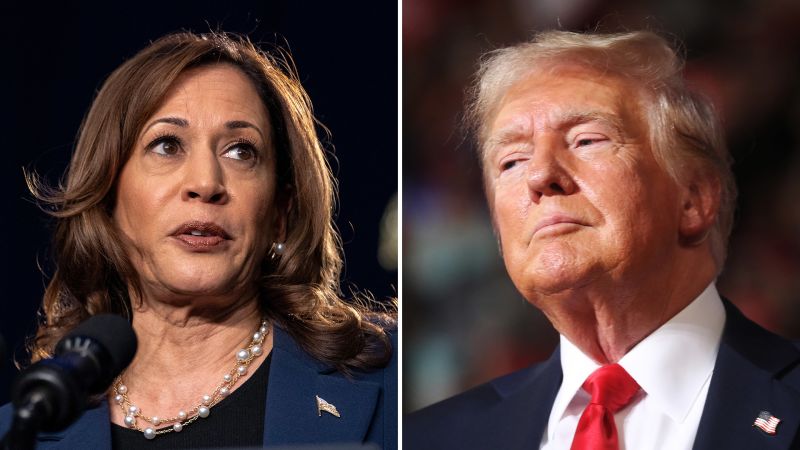In the lead-up to the 2024 election, voters have expressed concerns about economic insecurity, but neither party has effectively addressed these fears. Both candidates, former President Donald Trump and Vice President Kamala Harris, are making efforts to convince Americans they can deliver prosperity in the coming days. Trump has focused more on personal grievances rather than outlining detailed plans to help workers, while Harris has spoken broadly about bringing down prices and instilling confidence in a healthy economy that will benefit all Americans.
The US economy has rebounded stronger than many other developed nations post-Covid-19, but deep-seated economic inequalities have left many Americans feeling squeezed for decades. Trump’s major policy initiative during his tenure, a significant tax cut, predominantly benefited the wealthy and did little for working Americans. President Joe Biden aimed to restore economic fairness and revive manufacturing through his domestic agenda, but his spending plans contributed to inflation that hurt many Americans. Harris faces a challenging path ahead as she attempts to convince voters that an economy on the upswing will deliver for them.
As the effective incumbent in the race, Harris is vulnerable to fluctuations in the economic outlook. Trump has already seized on economic indicators to criticize her, highlighting potential uncertainties in the economy that could impact her candidacy in the upcoming months. Both candidates are under pressure to provide specifics on their economic plans as the transformed campaign dynamics force them to address voters’ demands for clarity on the economy.
Trump’s campaign is focusing on tying Harris to perceived failures under the Biden administration, while Harris is moving quickly to dispel uncertainty about her economic plans. The vice president’s upcoming speeches and appearances aim to address concerns over rising prices and corporate price gouging, presenting herself as a champion for the middle class. Both candidates must hone their messages around the economy to resonate with voters who are concerned about the country’s direction and their economic well-being.
Democratic efforts to bolster Harris’ image and appeal, with support from former presidents Bill Clinton and Barack Obama, aim to address previous vulnerabilities on the economy. Recent polls show Harris narrowing the gap with Trump on handling economic issues, indicating a shift in perception among voters. However, Trump remains focused on defining Harris negatively, particularly on economic matters, requiring swift action from the vice president to counter his narrative and showcase her commitment to working families.
Harris is adjusting her strategy by adopting populist rhetoric that emphasizes empathy for everyday Americans and a focus on fighting corporate greed. Her promises to lower prices, combat price gouging, and prioritize the middle class aim to differentiate her from Trump by positioning herself as a champion for working families. This empathetic approach, combined with a populist stance, could help Harris challenge Trump’s edge on the economy, especially in key swing states, and pave her way to the Oval Office.


